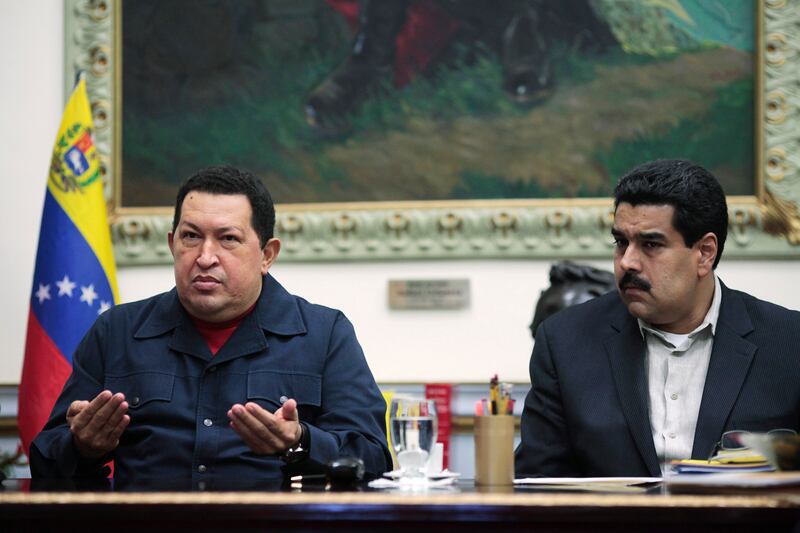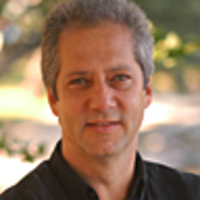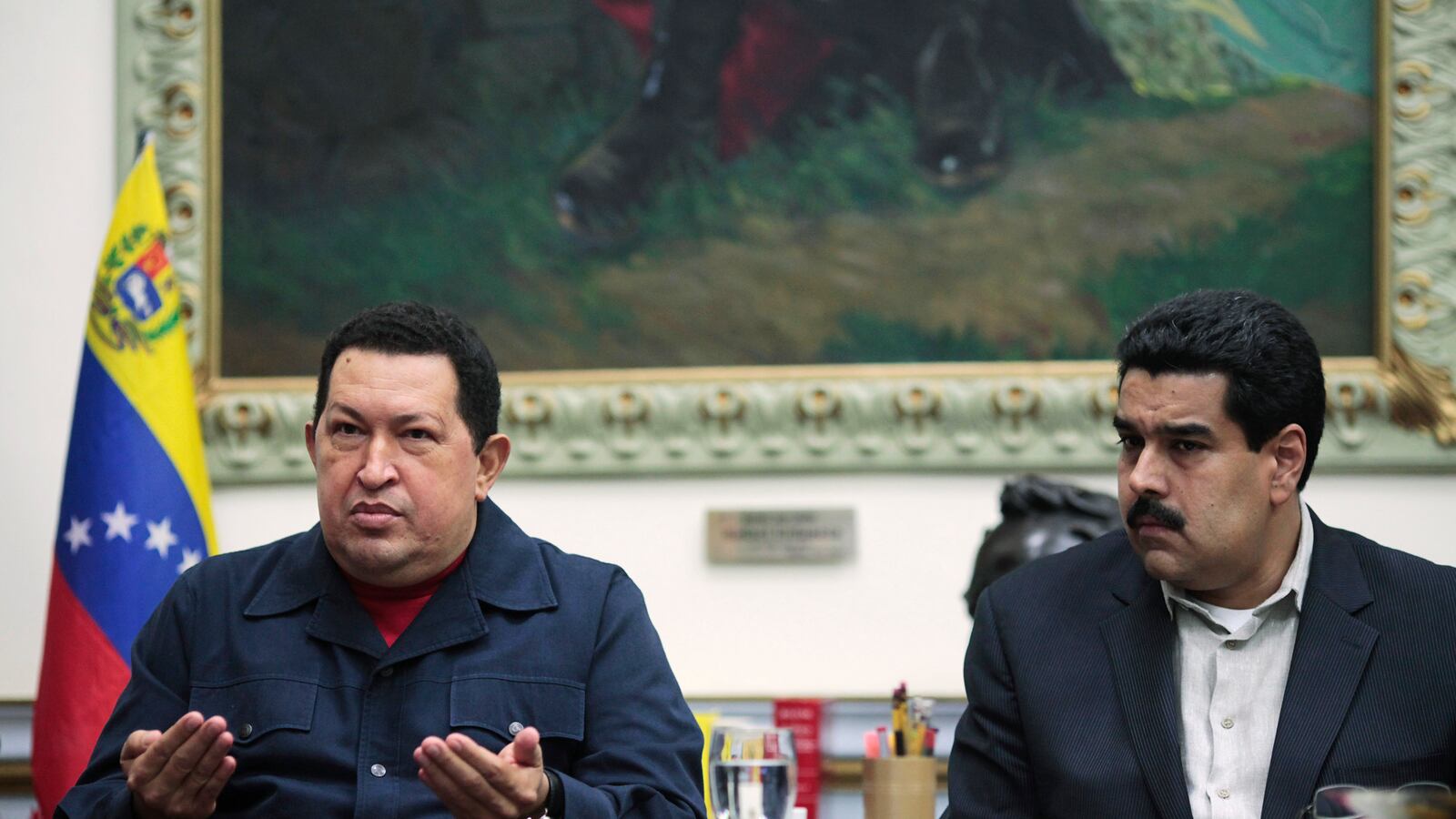If anyone deserves a medal for Latin American miracle maker of the year, it’s the physicians who tend to Venezuelan president Hugo Chávez.

Since he was first publicly diagnosed with cancer in June 2011, Chávez has undergone three operations and grueling bouts of chemotherapy that would have staggered any other patient. And yet thanks to the care of doctors in Caracas and Havana, Chávez slogged through, haggard and bloated, but able enough to win reelection in October and even lay plans for the future of his “Bolivarian revolution” for “21st-century socialism.”
But even miracle makers run out of tricks, and so it was that on Saturday that the 58-year-old populist leader admitted that the disease he repeatedly claimed to have beaten was back. With vice president Nicolas Maduro at his side Chávez said on national television that his doctors had detected malignant cells in his blood stream and had ordered him back to the operating room in Cuba. Grasping a wooden crucifix, he said he was prepared to confront yet another round of surgery, but also allowed a scenario that he had never entertained—of being unable to continue governing Venezuela.
In that case, he stated, Maduro would take over. “As clear as the full moon,” Maduro was to be his “irrevocable, absolute” successor, Chávez added, brandishing a copy of the nation’s constitution. Chávez went on to lavish praise on Maduro, a former bus driver, as “one of the young leaders best able to lead if I cannot.”
In an apparent attempt to preempt the always fevered Venezuelan rumor mill, Chávez went on to say that the Bolivarian revolution was now not only strong but institutionalized. “That is because we do not depend on one man! We have a collective leadership.”
For a country rife with palace intrigue and colliding political interests, this was a milestone. Since first coming to power in 1999, Chávez has never entertained the idea of not being in charge, never mind groomed a successor. Even hobbled by illness, he spoke of extending the so-called Bolivarian revolution for at least another decade. And yet for all his bullish talk of collective leadership, his 14 years in power have been anything but a joint effort. “Anyone who is not a Chavista is not a Venezuelan,” he often said, revealing the intensely personal character of his government.
Now all eyes are on Maduro. A former bus driver and transportation union leader, Maduro won distinction as a faithful adherent to Chávez’s base. As foreign minister, Maduro was often deployed to patch relations with Venezuela’s neighbors, such as Colombia and the United States, whom Chavez's routinely slammed.
But despite Chávez’s televised diktat, succession in Venezuela is sure to be anything but predictable. According to the constitution, in the permanent absence of a recently elected president, the vice president takes over until new elections are called. That process could be fraught, as palace rivals and pretenders joust for position.
At stake is a government built by a caste of absolutely loyal bureaucrats—Chavistas—strategically placed in powerful positions, each sitting on fat budgets and discretionary spending. To complicate matters, none of the prospective Chávez heirs boasts the oratory or political charisma to bind the fractious strands of Chavismo, much less identify with the Venezuelan masses.
"There is no Chavismo without Chávez," said Alberto Ramos, an analyst with Goldman Sachs.
Venezuela watchers are not holding their breath. "The country is in tatters," says Riordan Roett, a Latin America scholar at Johns Hopkins. "The challenge will be to convince the average Venezuelan that insecurity, inflation, collapsing infrastructure, and food shortages are the normal way of life.
The scramble for spoils among these so called Boligarchs could be intense. At least one rival is former vice president Elias Jaua, who is running for governor in Miranda, a populous, wealthy state that is also the seat of leading opposition figure and former presidential hopeful Henrique Capirles Radonski. If Jaua wins—as the polls suggest he will—he could be a strong contender to the vacant throne in the Miraflores Palace.
The irony is that, as polarizing a figure as Chavez has been, his absence at least in the short term might bring even more tension and conflict, as competitors vie for the Bolivarian mantle





